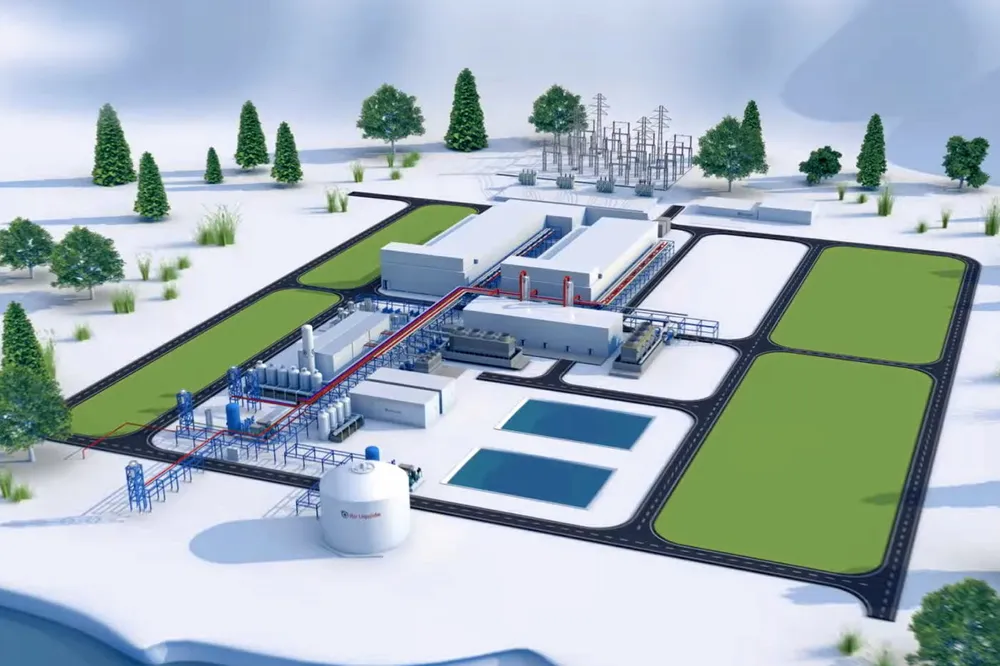Siemens Energy to deliver 200MW of PEM electrolysers to Air Liquide’s Normand’Hy semi-green hydrogen project
TotalEnergies yesterday agreed to buy renewable and low-carbon H2 from the French facility for use in its local oil refinery

TotalEnergies yesterday agreed to buy renewable and low-carbon H2 from the French facility for use in its local oil refinery
